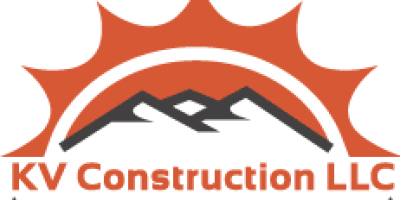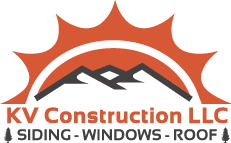Everett, WA Home Maintenance
We at KV construction know that your home serves as a sanctuary for comfort and security. However, true peace of mind comes from knowing every potential risk is addressed—inside and out. Here’s how you can secure your haven with practical steps, ensuring every nook is safeguarded.
Insurance Check-Up
Start by reassessing your homeowner’s insurance. Understand your current coverage and consider additional policies for comprehensive protection against unforeseen events. This reassurance allows you to handle emergencies with confidence, knowing your home’s value is safeguarded.
Advanced Security Systems
Invest in a modern home security system. Today’s systems do more than deter intruders; they monitor for fire, smoke, and even water leaks. Features now include remote management of household utilities, which can significantly enhance your home’s security profile. If your system is outdated, upgrading is a smart move towards fortifying your home.
Remove Home Hazards
Identify and mitigate common domestic hazards:
- Tripping Hazards: Secure cords, ensure lighting in walkways, and maintain even surfaces to prevent falls.
- Toxic Substances: Store household chemicals out of reach from children and pets.
- Medication Safety: Securely store prescription drugs and safely dispose of any unused medications.
- Fire Prevention: Regularly inspect electrical systems and avoid overloading circuits to prevent fire risks.
Smoke and Carbon Monoxide Safety
Ensure your smoke and carbon monoxide detectors are functioning with monthly tests. Upgrading to smart detectors can offer remote alerts and integrate with your home security system, providing an extra layer of protection.
Visual Deterrents and Smart Lighting
Install security cameras at key entry points and complement them with smart lighting solutions. Motion-sensor lights and programmable systems can simulate occupancy, deterring potential burglars.
Heating System Maintenance
Regular maintenance of your heating system is crucial for preventing fires and carbon monoxide leaks. Annual inspections and keeping flammables away from heat sources are vital safety measures.
Exterior Inspection
Examine your home’s exterior for any vulnerabilities that might compromise your safety:
- Roof and Siding: Check for damages that might lead to structural damage, dry rot, mold and moisture.
- Windows and Doors: Ensure all locks are functional and that windows can be opened from the inside.
- Gutters and Drainage: Clean and inspect to prevent water damage.
For those considering home exterior upgrades in Everett, WA, consider professional, local, licensed, registered KV construction LLC for all your fiber cement and wood siding needs including remodeling, replacements and home addition. Specializing in siding services, we offer durable solutions that enhance both safety and aesthetic appeal.
Everett Siding Contractor KV construction Conclusion
Optimizing home safety in Everett involves a comprehensive approach, focusing on both prevention and protection. Regular updates to security systems and vigilant maintenance of the home’s physical structure will ensure your sanctuary remains a safe haven for everyone within.


